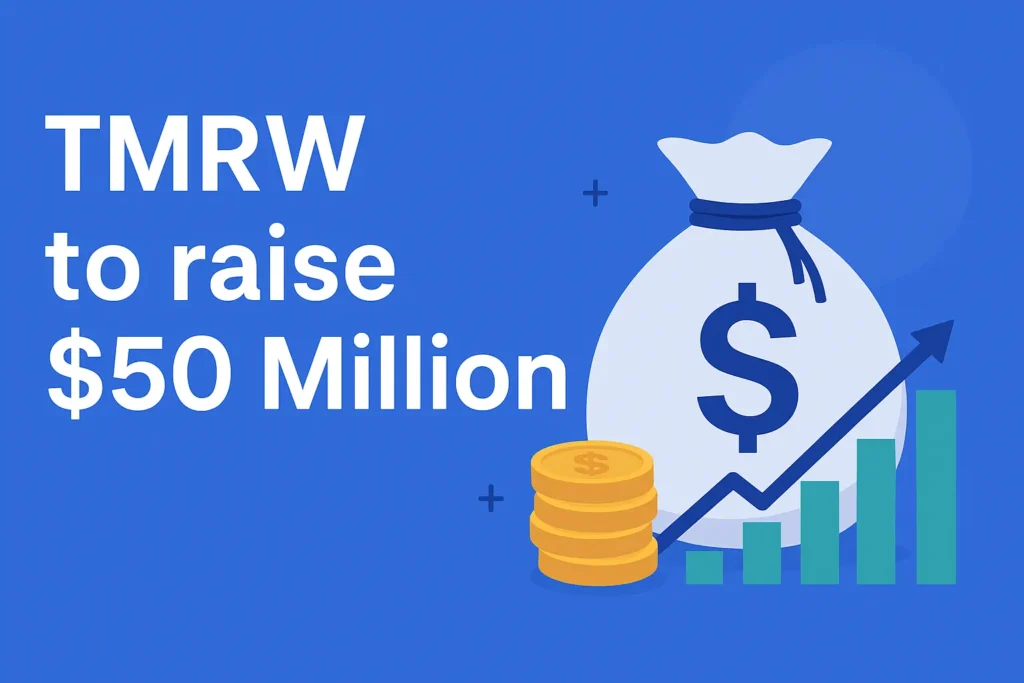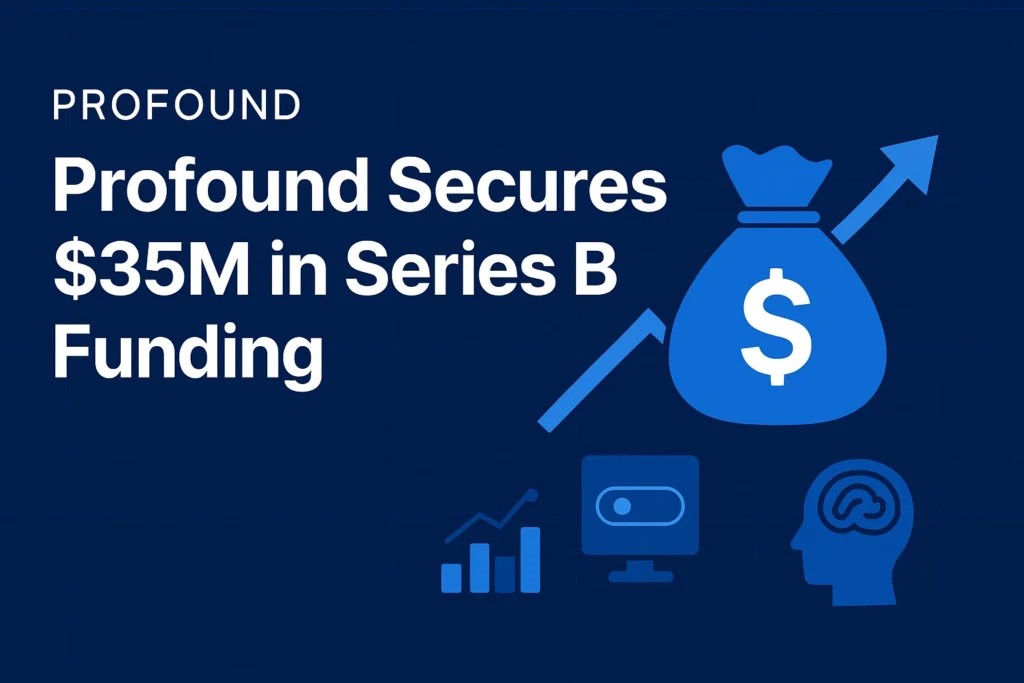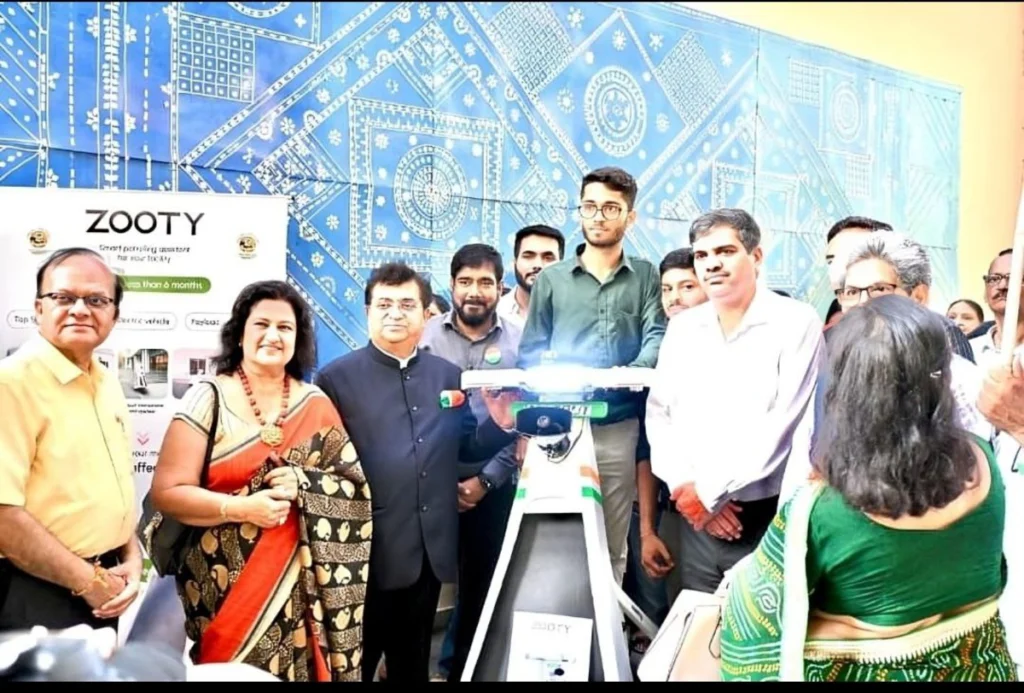The scientific landscape has fundamentally shifted. Periodic Labs, a materials science startup founded by artificial intelligence leaders from OpenAI and DeepMind, has raised $300 million in seed funding—shattering venture capital records and signaling an audacious reimagining of scientific discovery. This unprecedented capital injection represents humanity’s pivot toward AI-generated experimental data, autonomous laboratories, and breakthrough materials that could unlock trillions in economic value across energy, computing, and manufacturing sectors.
AI Scientists Building Materials: Former OpenAI Leaders Launch Revolutionary Lab
Periodic Labs raised $300 million under the leadership of Semon Rezchikov, former OpenAI research scientist who contributed to GPT-4 development, and Julien Launay from Google DeepMind. Their founding thesis strikes at AI’s greatest limitation: the exhaustion of internet-scale training data. The company constructs fully autonomous robotic laboratories where AI systems design experiments, execute protocols, analyze results, and iterate without human intervention. This represents scientific research reimagined as computational process, where discovery bottlenecks shift from human cognitive capacity to physical manipulation speed. The founding team recognized a critical truth—the next AI frontier requires moving beyond passive data consumption toward active knowledge creation through systematic physical experimentation.
$300M Seed Round Breaks Records: Bezos and Schmidt Back Science Automation
The Periodic Labs $300 million seed round ranks among venture capital’s largest initial funding events. Jeff Bezos’s investment vehicle and former Google CEO Eric Schmidt led this capital commitment, joined by Obvious Ventures and strategic investors recognizing materials science’s transformative potential. This funding scale reflects sophisticated recognition that materials discovery—typically requiring 10-20 years per novel material—operates with devastating inefficiency across a $2 trillion global market. The investors understand a fundamental asymmetry: while software innovation compressed development cycles from years to months, physical science remains trapped in century-old methodologies. Periodic Labs raised $300 million to construct multiple autonomous research facilities and hire world-class talent, providing the capital intensity required to transform materials discovery from artisanal craft into industrial process.
Beyond Internet Data: How Autonomous Labs Will Train Next-Gen AI
Periodic Labs addresses AI’s existential challenge: looming training data exhaustion. The company’s laboratories function as AI training data factories, generating millions of experimental observations impossible through passive collection. Each robotic experiment produces structured data about material properties, reaction kinetics, and structural relationships—empirical information necessary to train AI systems that genuinely understand physical reality. The autonomous laboratories integrate robotics, computer vision, and analytical instrumentation in closed-loop processes: AI systems hypothesize material compositions, robots synthesize candidates, sensors characterize properties, and machine learning models analyze results to generate subsequent hypotheses. This continuous operation accumulates experimental knowledge at rates requiring thousands of human researchers working in parallel, creating proprietary datasets that grow exponentially through automated iteration.
Superconductor Discovery Race: Periodic Labs Targets Room-Temperature Breakthrough
Periodic Labs has identified room-temperature superconductors as an initial moonshot—a choice revealing technical ambition and commercial sophistication. Superconductors operating at ambient conditions would revolutionize energy transmission, quantum computing, medical imaging, and magnetic levitation transportation. The superconductor challenge suits automated approaches perfectly: the materials search space contains countless unexplored element combinations, crystal structures, and synthesis conditions—a combinatorial explosion overwhelming human researchers but energizing AI systems designed for systematic exploration. Periodic Labs raised $300 million to enable parallel investigation of thousands of candidates simultaneously, dramatically accelerating discovery timelines. Beyond superconductors, the company targets improved battery materials, novel catalysts for chemical manufacturing, and advanced semiconductors—each representing multi-billion dollar markets where material limitations constrain entire industries.
From ChatGPT to Chemistry: DeepMind and OpenAI Veterans Unite for Materials Science
The convergence of elite AI talent toward physical science represents profound strategic evolution. Rezchikov and Launay bring expertise from organizations that defined the current AI era—OpenAI’s language models and DeepMind’s protein folding breakthroughs. Their migration into materials science signals where artificial intelligence’s most sophisticated practitioners believe transformative impact awaits. This talent movement reflects AI capability maturation: algorithmic principles enabling ChatGPT to master language and AlphaFold to predict protein structures now orchestrate physical experimentation. Technical challenges differ dramatically—robotics introduces hardware constraints, chemical reactions involve irreversible processes, and measurement uncertainty complicates interpretation—but underlying AI methodologies transfer effectively. Periodic Labs stands at the convergence of artificial intelligence’s computational power and materials science’s transformative potential, backed by investors recognizing that future dominance belongs to those generating knowledge rather than consuming it.
Learn Business Model Of Periodic Labs

My Name is Adarsh and I am Empowering startups with high-quality content at Startups Union and bridging the gap between brand stories.




